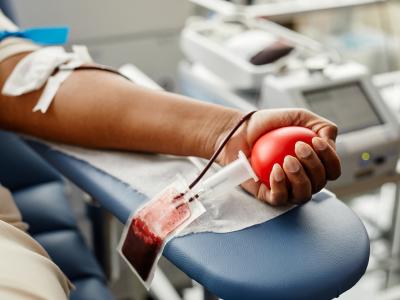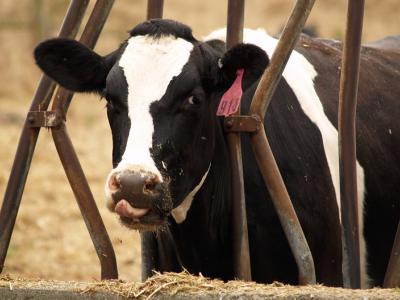TB Alliance and South Korean biotechnology company Qurient Co. Ltd. announced today that they have entered into a license agreement to develop and commercialize a novel tuberculosis (TB) drug.
Under the terms of the agreement, TB Alliance will obtain the exclusive worldwide license for telacebec (Q203), a first-in-class investigational drug that inhibits the ability of Mycobacterium tuberculosis to generate energy. Telacebec has demonstrated potent efficacy against drug-sensitive and drug-resistant TB in preclinical and clinical studies and has received Orphan Drug and Fast Track designation from the US Food and Drug Administration (FDA).
"We believe telacebec will greatly contribute to the global efforts to combating the TB pandemic, which remains a serious public health challenge worldwide," Qurient CEO Kiyean Nam, PhD, said in a press release. "Our partnership with the TB Alliance will accelerate the widespread availability of telacebec and bring it to those in need."
TB Alliance CEO Mel Spigelman, MD, says new drugs with novel mechanisms are urgently needed in the fight against TB. A recent report from the World Health Organization (WHO) found that global TB cases rose 4.5% in 2021 amid a reduction in essential TB services linked to the COVID-19 pandemic.
"If we expect to regain ground lost to COVID-19, we need to use every tool we have to give patients the best possible treatment and save lives," Spigelman said. "We look forward to advancing this new compound as part of combination regimens that could yield a short, simple, safe, and highly effective cure for all forms of TB."
Cefiderocol now available in Denmark, Norway
In other antibacterial news, Japanese drugmaker Shionogi announced this week that the novel antibiotic cefiderocol is now available in Denmark for the treatment of infections caused by gram-negative bacteria in patients who have limited treatment options.
Approved by the FDA in 2019 and by the European Medicines Agency in 2020, cefiderocol has demonstrated in vitro activity against multidrug-resistant gram-negative bacteria, including those identified by the WHO as critical priority pathogens. The drug, which has been used in more than 23,000 patients in Europe, became available in Norway in January.











